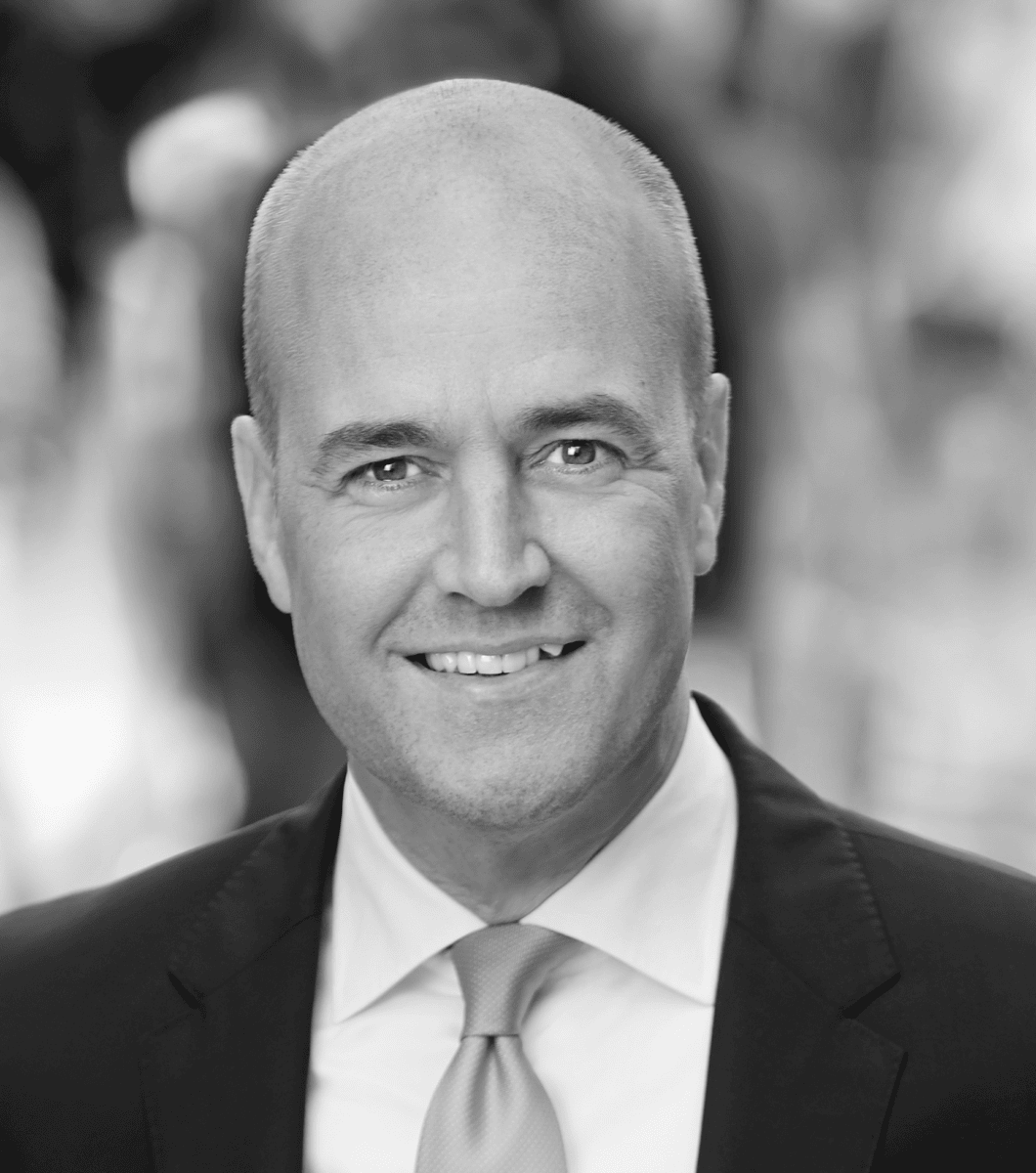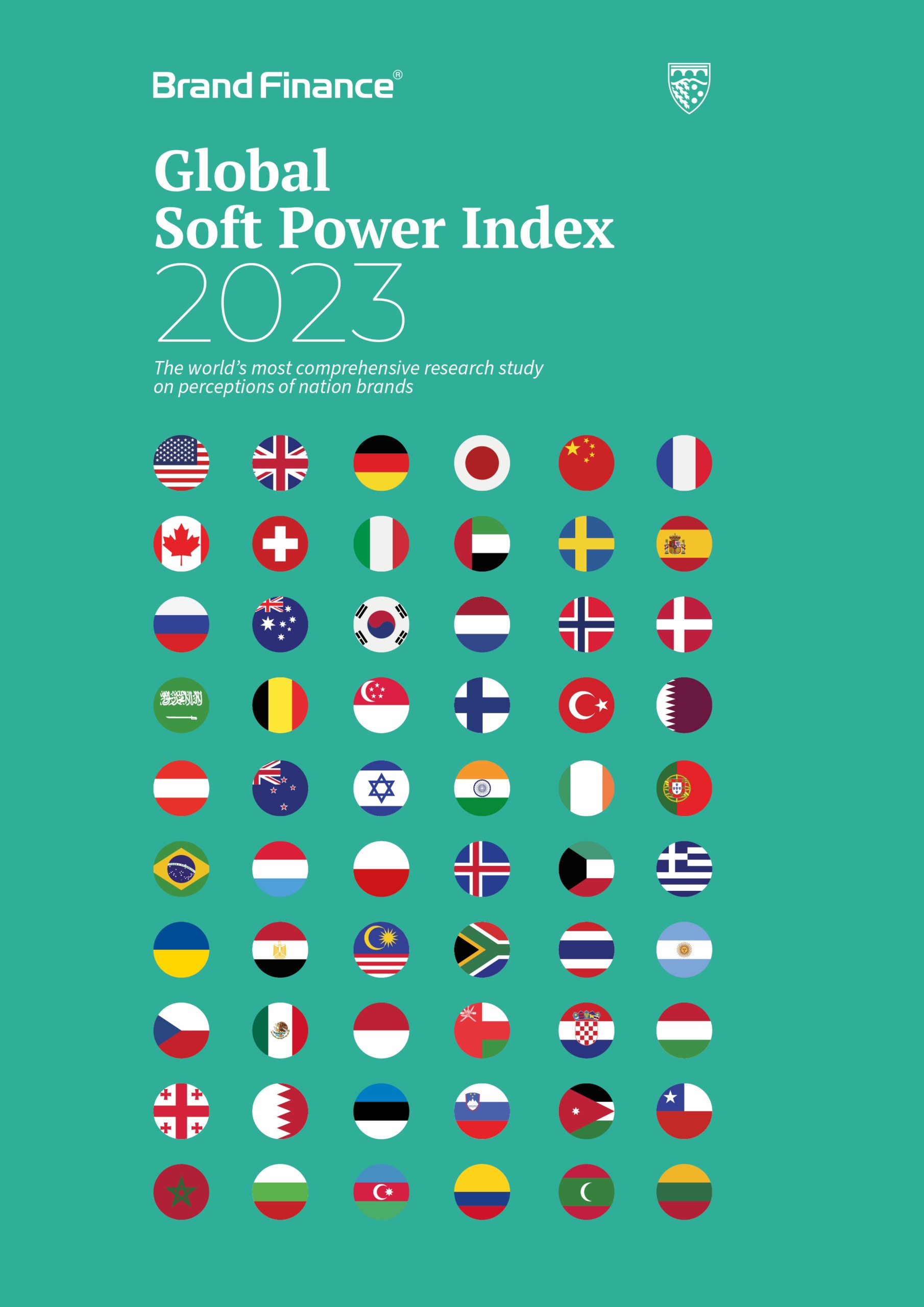This article was originally published in the Global Soft Power Index 2023.

The last decade has seen an unprecedented rise of authoritarian views and aggressive nationalism. As if you can get your way in the world if you threaten or bully anyone or any entity that might question you. The real low point in this development was of course the unprovoked and illegal Russian attack on its independent and peaceful neighbour Ukraine.
After years of slipping further into this dark new reality, we saw signs of change in 2022. Russia has in a short time lost much of its attractiveness in other parts of the world, especially in Western-oriented democracies. Political leaders promoting populist agendas, like Donald Trump, Jair Bolsonaro, and Marine le Pen, have lost elections.
The gathering of support from democracies around the world for Ukraine has reminded us of something else, there is an alternative way to win influence that is not built on fear and suppression. The Ukrainians are not only fighting to keep an aggressor from invading their country, they fight for important values, like freedom and openness. They fight for the right to become something they believe is attractive, they stand against the threat of hard power, because they are affected by the influence of Soft Power.
If you, like me, have grown up in Sweden, you can easily relate to the difference in view on how to use power to influence others. Under the Cold War, Sweden was squeezed between the Soviet Union and the United States. We were threatened from the East and attracted by the West. When Joseph Nye, the Harvard professor, defined the ability to influence others through the concept of Soft Power, he very much took the US as an example. The American culture, films from Hollywood, and the lifestyle and clothing exported from the US created a will to belong.

This was of course easier to achieve given that the knowledge of the English language is widely spread in the world. The use of their Soft Power became even more interesting when they were able to link their cultural importance with support for their view of democracy and freedom of expression. Could the concept of Soft Power be understood and used also for small and medium-sized countries, and applied to challenges that have grown in our day and age, like sustainability? Not without challenges, I would say.
There will be a language barrier, and for most of smaller countries in the world, the knowledge about individual nations is not widespread and often outdated. To be able to succeed, it needs often to start with a visit. Therefore, everything linked to travelling and tourism has an increasing importance. Any country that can showcase a society under a sustainable transformation will face an increased interest. It feels good to be in a more sustainable environment to start with, and it gives an important example for ideas and perspectives to bring home. If tourism in the past has been more to seek sun and history, I think this will rebalance to more of learning about and experiencing sustainable conditions.
In Sweden we welcome tourists that want to flee the sun and extreme heat, who want to explore untouched nature, bathe in clean water and breath fresh air. If you can combine that with sustainable cities, you can attract even more people. This will create an important boost for Soft Power in our time – the will to see examples of what a more sustainable future could look like, and to desire to bring those new lessons home.

